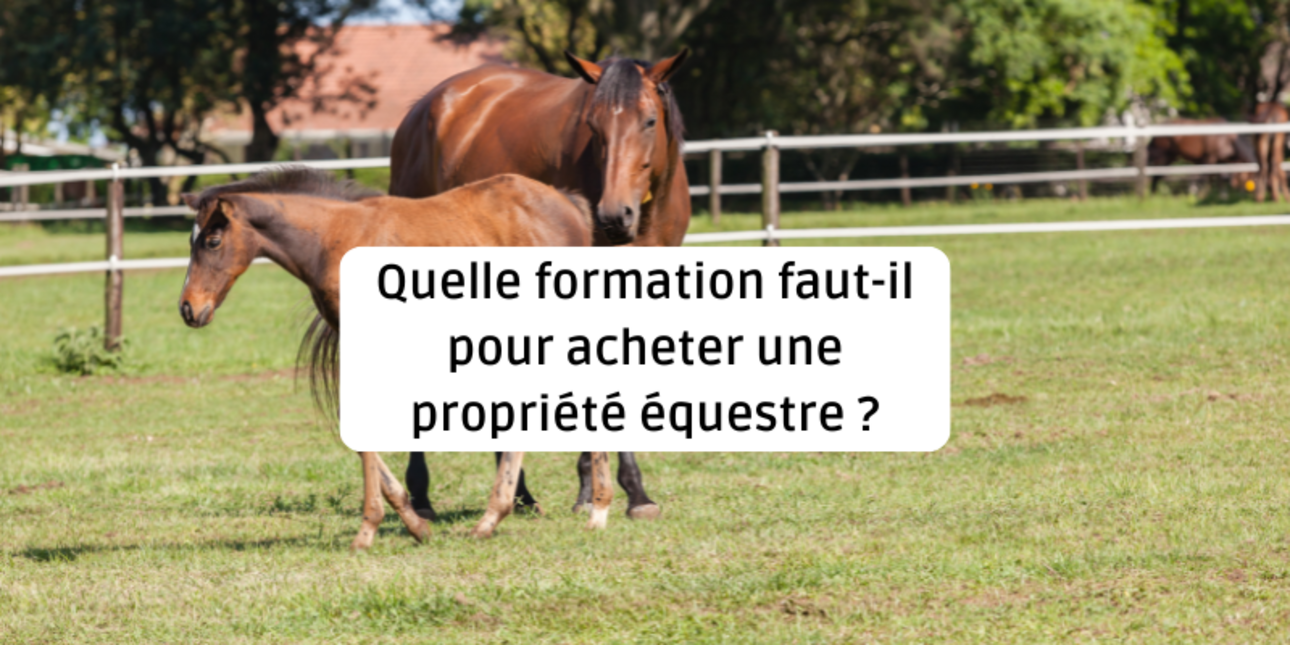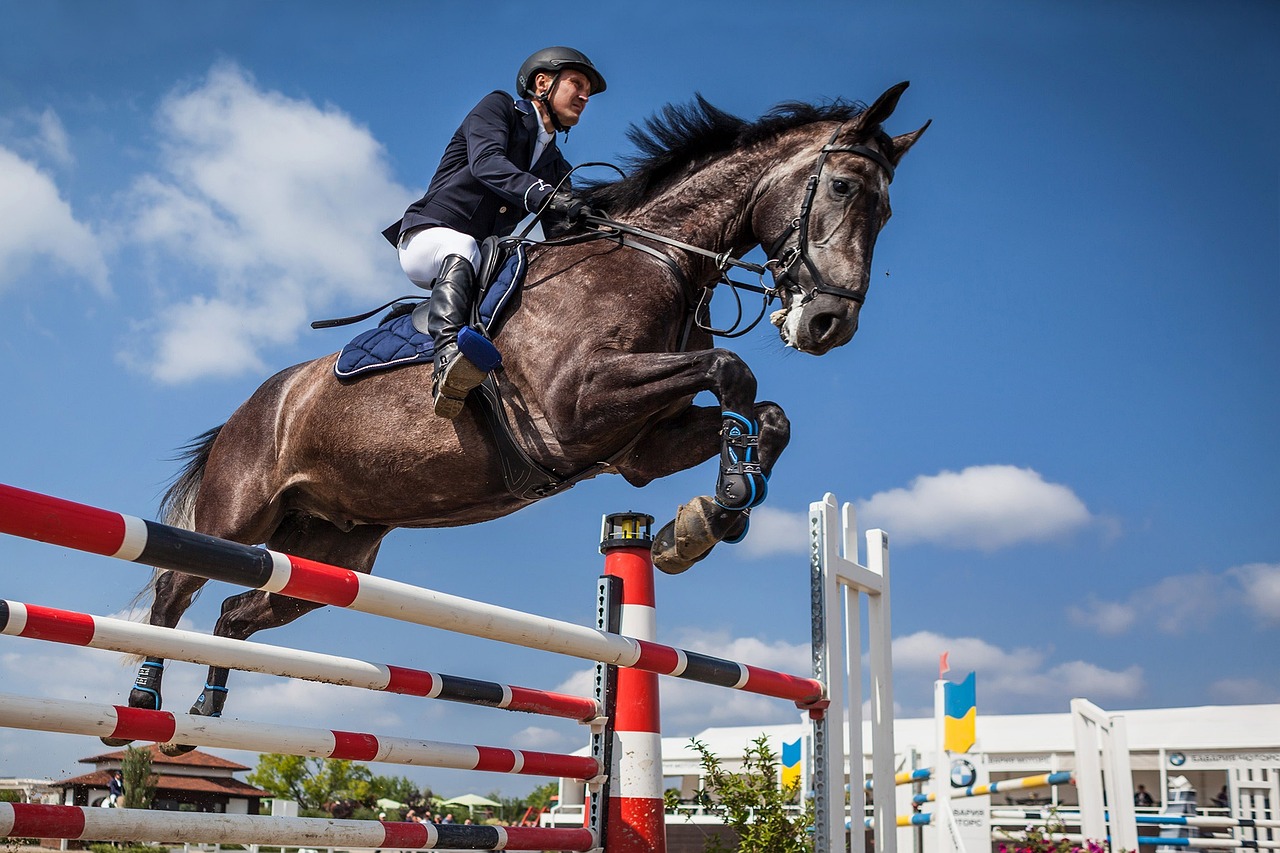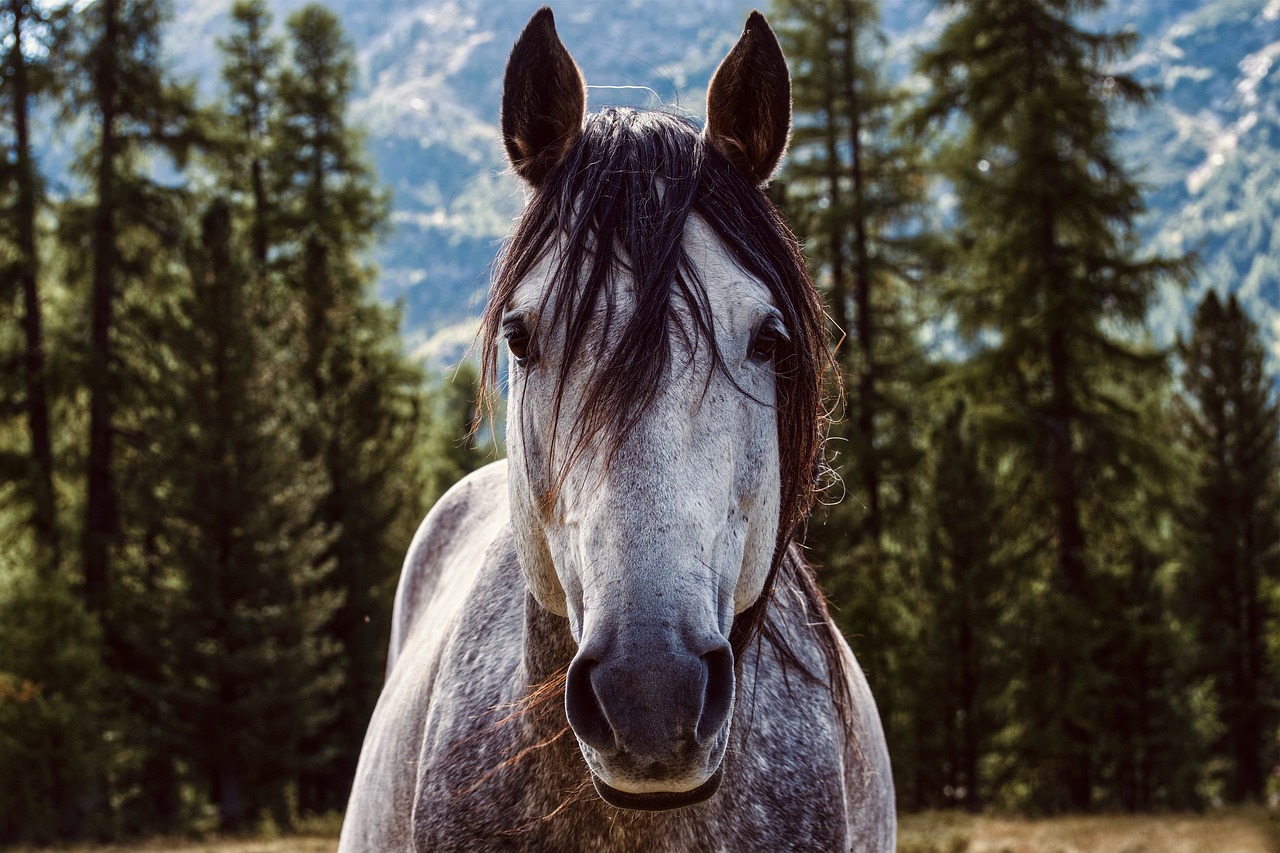
Buying an equestrian property is an ambitious project that requires not only knowledge of business management and real estate, but also specific skills linked to the horse world.
This article will guide you through the various training courses and qualifications required to successfully complete your project to acquire an equestrian center in France, while taking into account the specificities of the equine sector in France.
To run an equestrian center and offer high-quality riding services, you need to hold a state-recognized diploma. These courses enable you not only to teach riding, but also to manage an equestrian structure and offer services tailored to your future customers.
The Brevet Professionnel de la Jeunesse, de l'Éducation Populaire et du Sport (BPJEPS) specializing in “equestrian activities” is the reference diploma for becoming a riding instructor. It enables you to teach riding and manage an equestrian establishment, whether for leisure riding or competitive equestrian sports.
The Diplôme d'État de la Jeunesse, de l'Éducation Populaire et du Sport (DEJEPS) in “perfectionnement sportif”, option “sports équestres”, is designed for professionals wishing to specialize in training and competition. This diploma is particularly relevant for stable owners wishing to position themselves in the high-level equestrian sports market.
The Diplôme d'État Supérieur de la Jeunesse, de l'Éducation Populaire et du Sport (DESJEPS) in equestrian sports performance is the highest level of qualification for teaching and training in equestrian sports. It is particularly well suited to owners aiming to create a structure of excellence in the field of equestrian sport.
Although training is not compulsory to run an equestrian business, it is nevertheless recommended, whether to receive grants or to facilitate administrative procedures.
To benefit from start-up grants and obtain the operating authorizations required to purchase an equestrian property, it is important to acquire professional agricultural qualifications. This qualification is essential if you are to be recognized as an agricultural entrepreneur in the equine sector.
The following diplomas can be used to obtain professional agricultural qualifications:
Bac Professionnel “Conduite et Gestion de l'Entreprise Hippique” (CGEH) - Brevet Professionnel “Responsable d'Entreprise Hippique” (REH) - BTSA “Productions Animales” with equine specialization
In addition to the diploma, you need to complete a Personalized Professionalization Plan (PPP) to obtain full agricultural professional qualification. This plan enables you to acquire practical and theoretical skills adapted to your installation project, taking into account the specificities of the equine market in France.
Since December 31, 2022, all private owners of equidae (horses, ponies, donkeys, bardots or mules) must be in possession of a certificate of commitment and knowledge. The aim of this document is to make equine owners aware of the specific needs of these animals and make them more responsible.
The certificate of commitment and knowledge can be issued by :
The certificate covers the following aspects:
This certificate is compulsory for all new equine owners, and plays a key role in raising awareness of animal welfare in the equestrian world.
In addition to compulsory diplomas and certificates, other training courses can be useful in running an equestrian property effectively:
Training in business management will help you :
These skills are essential to ensure the profitability of your structure and define an attractive service offering.
A thorough knowledge of the legal framework surrounding equestrian activities is essential. Legal training can help you understand :
This knowledge is crucial to choosing the right legal status for your business and managing the risks involved in running an equestrian property.
Training in animal welfare and equine ethology will enable you to :
These skills are increasingly valued in the equestrian world, particularly with the emergence of concepts such as the active stable.
Although not mandatory, professional experience in the equestrian field is a major asset to the successful purchase and management of an equestrian property. Here are a few ways to acquire this experience:
This experience will give you a better grasp of the realities in the field and help you develop a valuable professional network for your future project.
The equine sector in France is rich and varied, offering numerous opportunities for horse enthusiasts. The Institut français du cheval et de l'équitation (IFCE) plays a crucial role in the development and structuring of this industry. In particular, it manages the SIRE (Système d'Information Relatif aux Equidés), which enables all horses in France to be identified and tracked.
France is renowned for the quality of its horse breeds, whether racehorses, saddle horses or draught horses. Although their role has evolved, the national stud farms continue to play an important role in preserving France's equine heritage.
Buying an equestrian property requires a combination of skills, from teaching riding to business management, to an in-depth knowledge of horses' needs. The training and qualifications mentioned in this article provide a solid foundation for embarking on this entrepreneurial adventure.
It's important to note that the equestrian sector is constantly evolving, with new trends and regulations emerging regularly. It is therefore crucial to stay informed and to continue training throughout your career as an equestrian center owner.
Finally, don't forget that passion for horses and riding remains the main driving force behind this type of project. Training and qualifications will give you the necessary tools, but it's your commitment and love of horses that will make the difference to the success of your equestrian property.